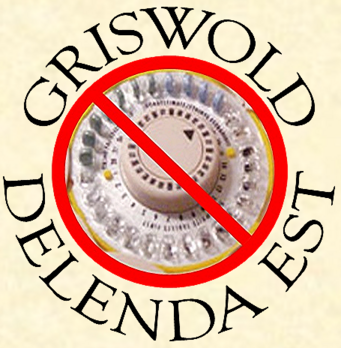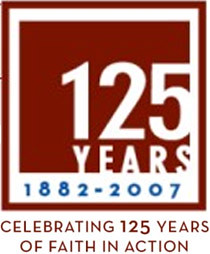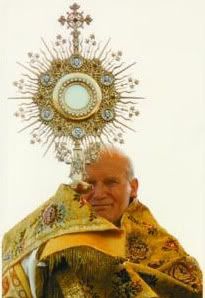Yes and no
He seems to insist on the equality and sameness of all Christian sacraments, and uses this to show how all Christians are supposedly alike...while being different. However, Protestant ministers lack sacramental authority -- no Protestant congregation does have the Eucharist, because it can only be consecrated by a priest. Furthermore, most Protestants don't even claim to have the Eucharist, not properly understood. The Eucharist, properly speaking, can be nothing less than the physical reception of the Body and Blood of Christ and the spiritual reception of grace afforded by it. Find me a Presbyterian who claims that Christ is present Body and Blood, Soul and Divinity in his communion wafer, and I've got a bridge I'll give you. Non-liturgical Protestants don't claim to have any sacraments, really -- saying that a physical act can impart grace (or be the outward sign of the spiritual act that does, more properly speaking) is voodoo to an evangelical. Presbyterians actually ask parents to affirm that nothing "magical" happens at baptism (because they've never been able to distinguish between a true sacrament and witchcraft, apparently). And nothing "magical" does happen at baptism -- but something metaphysically real, actual, and changing does. Of course, this applies even to Protestant baptisms performed in the name of the Spirit, because anyone, not just a priest, can baptise. (They have a sacrament and don't even know it!)
While that's a big hole the main problem I see is that he says first that there is only one Church, but then acknowledges the actual existence of numerous churches. Yes, there is only one Church; it's One, Holy, Catholic, and Apostolic, and it's headed by a guy in Rome who wears a funny hat and who derives authority from Christ through the succession of his 265 predecessors in the same office. Yes, properly speaking, all who have been baptised have been baptised into this One, Holy, Catholic, and Apostolic Church, even if they don't know it, acknowledge it, or follow its laws. As Benedict XVI has pointed out, all other denominations are not churches, per se, since there's just one of these. Rather, they're just groups that don't know where they are, rather like the dwarves in the Last Battle (I can't find a good online synopsis of this for people who don't know the book, and I haven't a copy of it to quote from on me, I apologize).
But to say that these people are as individuals part of the Church is not the same as lumping the denominations in which they enshrine their stubborn falsehoods into the Church. And it's definitely not the same as saying that they are all consubstantial. The faith isn't schitzophrenic, it's One -- it has a single identity, a single Truth (that's a collective truth, not saying that only one thing about it is true), and a single form. Its inclusiveness is a testimony to the falsehood of certain notions about it, not a statement that everything is the same at the same time as it is all different. If this were not the case, it becomes very difficult to maintain the crux of the argument, because it requires that you accept as equally valid conflicting positions about certain points. For Pete's sake, somebody's right and somebody (if he says otherwise) is wrong about a thing -- disagree over who's right, but don't expect me to believe that something that is One somehow encompasses 40,000 conflicting versions of the same Truth. Or maybe it's just easier to take the visceral route and say "no, I'm not a Lutheran, and I shan't stand for being called one!"
File Under: Doctrine








0 Comments:
Post a Comment
<< Home